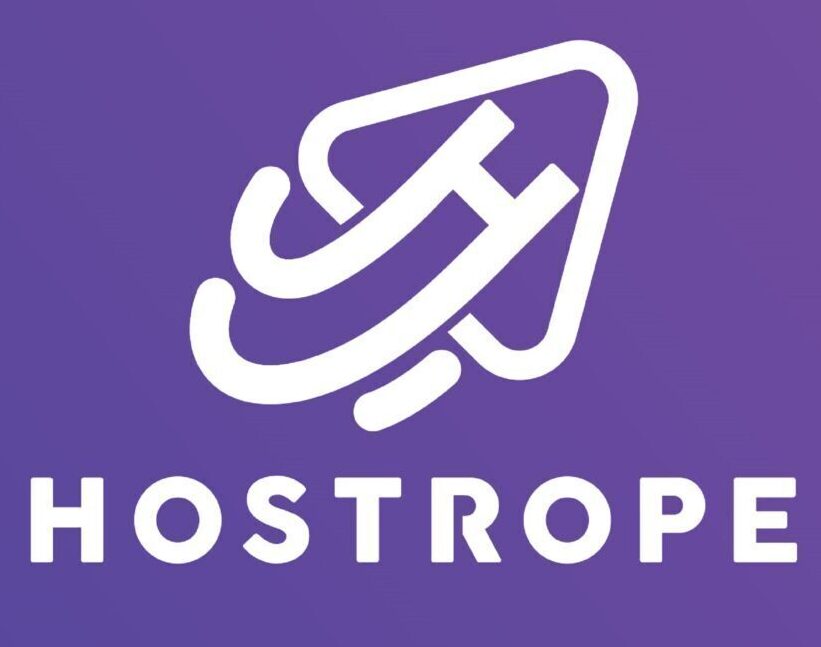Search engine optimization (SEO) is the process of optimizing websites in order to increase their visibility and rankings on search engines such as Google. While there are two main parts to SEO, namely on-page and off-page SEO, off-page SEO is often overlooked. In this article, we will provide you with an in-depth guide to off page SEO so that you can maximize your effectiveness when it comes to optimizing your website for search engine success.
What is Off Page SEO?
Off page SEO is the process of optimizing a website for the search engines with the goal of improving the visibility and organic search results of that site. It is a part of an overall SEO strategy that also includes on page optimization, link building, and social media engagement.
When it comes to off page SEO, there are a number of different factors that can affect your ranking. These include things like the quality of your content, the number and quality of your backlinks, your social media activity, and more.
Content is still king when it comes to off page SEO. The better your content is, the more likely people are to link to it and share it on social media. This will help to improve your ranking in the search engines.
Link building is another important factor in off page SEO. The more high-quality links you have pointing to your website, the better your chances are of ranking well in the search engines. You can build links by guest blogging, directory submission, social bookmarking, and more.
Social media activity can also have an impact on your off page SEO efforts. The more people who share and engage with your content on social media sites like Twitter and Facebook, the better your chances are of ranking well in the search engines
Benefits of Off Page SEO
In order to maximize the effectiveness of your off page SEO efforts, it is important to understand the benefits of off page SEO. By understanding the benefits of off page SEO, you can more effectively tailor your efforts to achieve desired results.
Some of the primary benefits of off page SEO include increased traffic, higher search engine rankings, and improved brand visibility and awareness. When done correctly, off page SEO can result in a significant increase in traffic to your website. In addition, by improving your website’s search engine rankings, you can also improve its visibility and overall branding. Finally, by increasing brand awareness through off page SEO activities, you can ultimately increase sales and revenue for your business.
Types Of Off Page SEO
Off page SEO consists of all the activities that you do outside of your website to rank higher in search engine results pages (SERPs). The most important factor in off page SEO is link building, which is the process of getting other websites to link to your website. Link building is a complex and time-consuming process, but it’s essential for SEO success.
Other important off page SEO factors include social media engagement and brand mentions. Social media can help you build links and increase your visibility, while brand mentions can improve your reputation and authority.
To be effective at off page SEO, you need to carefully consider all the factors that search engines use to rank websites. This includes things like link quality, site authority, and content relevance. Keep in mind that off page SEO is a long-term strategy, so don’t expect immediate results.
How to Create High Quality Backlinks
When it comes to off page SEO, one of the most important factors is creating high quality backlinks. But what exactly constitutes a high quality backlink? And how can you go about getting them?
Here are some things to keep in mind when trying to create high quality backlinks:
1. Relevance is key. The site that you’re linking to should be relevant to your own site. If it’s not, then the link is not going to be of much value.
2. Authority matters. A link from a high authority site will carry more weight than a link from a low authority site. So if you can get links from popular and well-respected websites, that will help your SEO efforts.
3. Make sure the link is permanent. Temporary or “no follow” links won’t do you much good, so it’s important to make sure that any links you do get are permanent.
4. Use anchor text wisely. The anchor text (the text that’s hyperlinked) should be relevant and keywords rich. This will help the search engines understand what the linked-to page is all about, and could help boost your rankings for those keywords as well.
5. Keep an eye on your link profile. It’s important to monitor your backlink profile and make sure that there’s a good mix of different types of links (from different kinds of sites, with different levels of authority, etc.). Having too many
Link Building Strategies and Techniques
Link building is a process whereby one site links to another. The most common method of link building is through inbound links, whereby a site links to another site because it has deemed the content on that site to be of value. Other methods of link building include social media sharing, directories, and guest blogging.
Link building is an important part of off page SEO, as it helps to increase the visibility and authority of your website. When done correctly, link building can help to improve your search engine rankings and drive traffic to your website.
There are a number of different strategies and techniques that can be used for link building. Some common methods include:
Inbound Links: As mentioned above, inbound links are links from one site to another where the linking site has deemed the content on the linked-to site to be valuable. In order for inbound links to be valuable, they should come from high-quality websites that are relevant to your own website.
Social Media Sharing: Social media platforms such as Twitter and Facebook can be used for link building purposes. When you share interesting and relevant content from your website on social media, you may find that other users share or retweet your content, which can help to increase the visibility of your website and generate backlinks.
Directories: There are a number of web directories where you can list your website. These directories can provide valuable backlinks as well as helping to increase the visibility of your website. However
Monitoring Your Link Profile
Link building is one of the most important, and challenging, aspects of SEO. In order to rank well in search engines, your website needs links from high-quality websites. However, it’s not enough to simply build links – you also need to monitor your link profile to ensure that your links are effective and that your website isn’t being penalized by Google.
There are a few different ways to monitor your link profile. One way is to use Google Search Console. This tool will show you the total number of links pointing to your website, as well as the anchor text used for those links. You can use this information to identify any potential issues with your link profile, such as too many low-quality links or unnatural anchor text.
Another way to monitor your link profile is to use a third-party tool like Moz’s Link Explorer. This tool provides detailed information about your linking domains, including authority and spam scores. This information can help you identify which links are helping your website – and which ones could be hurting it.
Finally, you should also keep an eye on your backlink history. If you see a sudden drop in the number of links pointing to your website, it could be an indication that something is wrong – either with your link building efforts or with your website itself. By monitoring your link profile closely, you can make sure that your website is always getting the benefit of high-quality links.
The Impact of Social Media On Off Page SEO
As the world of SEO has evolved, so too has the role of social media. In the early days of SEO, social media was not a factor. However, as Google and other search engines have increasingly relied on social signals to determine ranking, the impact of social media on off page SEO has become more pronounced.
There are a number of ways in which social media can impact off page SEO. Firstly, social media can be used to build links. By sharing content on social media, you can encourage other websites to link to your content, which will help improve your link profile and boost your SEO. Secondly, social media can be used to build relationships with influencers. By engaging with influencers on social media, you can build relationships that can eventually lead to link building opportunities and increased exposure for your brand. Finally, social media can be used to generate traffic to your website. By promoting your content on social media and driving users back to your website, you can increase the number of visitors to your site and improve your search engine rankings.
If you’re looking to improve your off page SEO, then make sure you’re using social media effectively. by following the tips above, you can ensure that you’re making the most out of this powerful tool.
Conclusion
Off-page SEO is one of the most important aspects of overall search engine optimization. By utilizing various techniques such as link building, content marketing, and social media marketing, you can improve your website’s ranking and visibility in Google search results. With a thorough understanding of off page SEO strategies and tactics, you will be able to maximize your effectiveness in this area of search engine optimization. Investing time and effort into employing effective off page SEO practices can have long lasting effects that will help you reach the top spots on SERPs for years to come.






